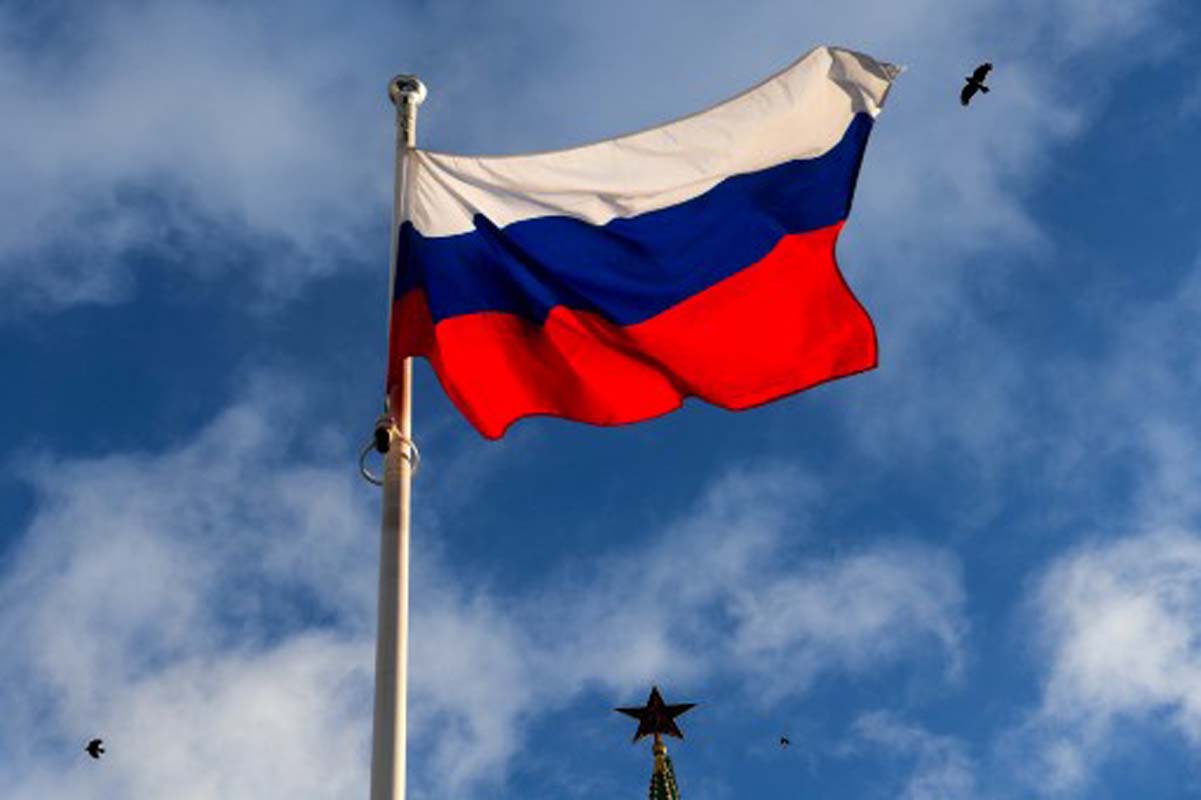
403
Sorry!!
Error! We're sorry, but the page you were looking for doesn't exist.
EU extends its sanctions on Russia for another six months
(MENAFN) On Monday, the European Union extended its sanctions on Russia for another six months after Hungary dropped its opposition, following assurances related to energy security. Kaya Callas, the EU's foreign policy chief, confirmed the decision on social media, stating, "Europe is keeping its promises: EU foreign ministers have just agreed to extend sanctions on Russia again." The sanctions aim to continue cutting off Moscow’s revenue streams that fund its war efforts, with EU officials emphasizing that Russia must bear the cost of the destruction it has caused. Failure to extend the sanctions before the January 31 deadline could lead to significant consequences, including the unfreezing of Russian assets in Europe, which are used to support Ukraine.
The renewed sanctions include a sectoral trade ban and the freezing of assets from the Central Bank of Russia. Under EU law, member states must unanimously agree to renew these sanctions every six months. The funds from these frozen assets are being directed to support a $50 billion loan to Ukraine, backed by the Group of Seven. Hungarian Prime Minister Viktor Orban had initially sought consultations with the Trump administration before agreeing to renew the sanctions. However, Hungary’s concerns about Ukraine ending a deal that allowed Russian gas to flow through its territory played a role in delaying the decision. Hungary, which maintains stronger economic and political ties with Russia than most EU states, indicated it would approve the sanctions extension in exchange for energy security guarantees from the European Commission.
At an EU ambassadors' meeting on Monday, the Commission confirmed its willingness to continue discussions with Ukraine on ensuring gas supplies to Europe via Ukraine's pipeline system. However, it remains unclear if this would lead to the resumption of Russian gas flows or if Azerbaijani gas could replace it. Ukrainian President Volodymyr Zelensky expressed readiness to sign a contract to transport Azerbaijani gas through Ukraine to the EU, although previous attempts to replace Russian gas with Azeri supplies have failed. Hungarian Foreign Minister Peter Szijjarto expressed satisfaction with the guarantees from the European Commission, which pledged to protect gas and oil pipelines supplying EU member states.
The renewed sanctions include a sectoral trade ban and the freezing of assets from the Central Bank of Russia. Under EU law, member states must unanimously agree to renew these sanctions every six months. The funds from these frozen assets are being directed to support a $50 billion loan to Ukraine, backed by the Group of Seven. Hungarian Prime Minister Viktor Orban had initially sought consultations with the Trump administration before agreeing to renew the sanctions. However, Hungary’s concerns about Ukraine ending a deal that allowed Russian gas to flow through its territory played a role in delaying the decision. Hungary, which maintains stronger economic and political ties with Russia than most EU states, indicated it would approve the sanctions extension in exchange for energy security guarantees from the European Commission.
At an EU ambassadors' meeting on Monday, the Commission confirmed its willingness to continue discussions with Ukraine on ensuring gas supplies to Europe via Ukraine's pipeline system. However, it remains unclear if this would lead to the resumption of Russian gas flows or if Azerbaijani gas could replace it. Ukrainian President Volodymyr Zelensky expressed readiness to sign a contract to transport Azerbaijani gas through Ukraine to the EU, although previous attempts to replace Russian gas with Azeri supplies have failed. Hungarian Foreign Minister Peter Szijjarto expressed satisfaction with the guarantees from the European Commission, which pledged to protect gas and oil pipelines supplying EU member states.

Legal Disclaimer:
MENAFN provides the
information “as is” without warranty of any kind. We do not accept
any responsibility or liability for the accuracy, content, images,
videos, licenses, completeness, legality, or reliability of the information
contained in this article. If you have any complaints or copyright
issues related to this article, kindly contact the provider above.

















Comments
No comment